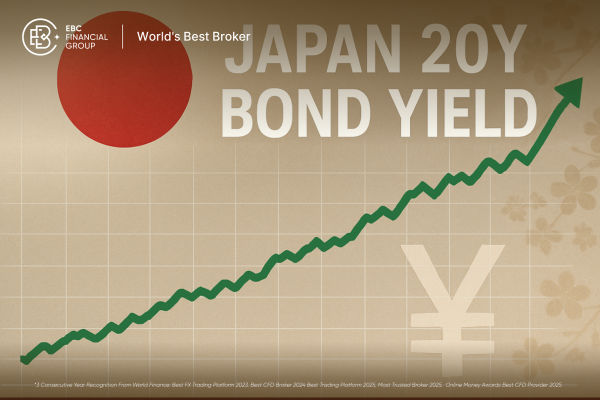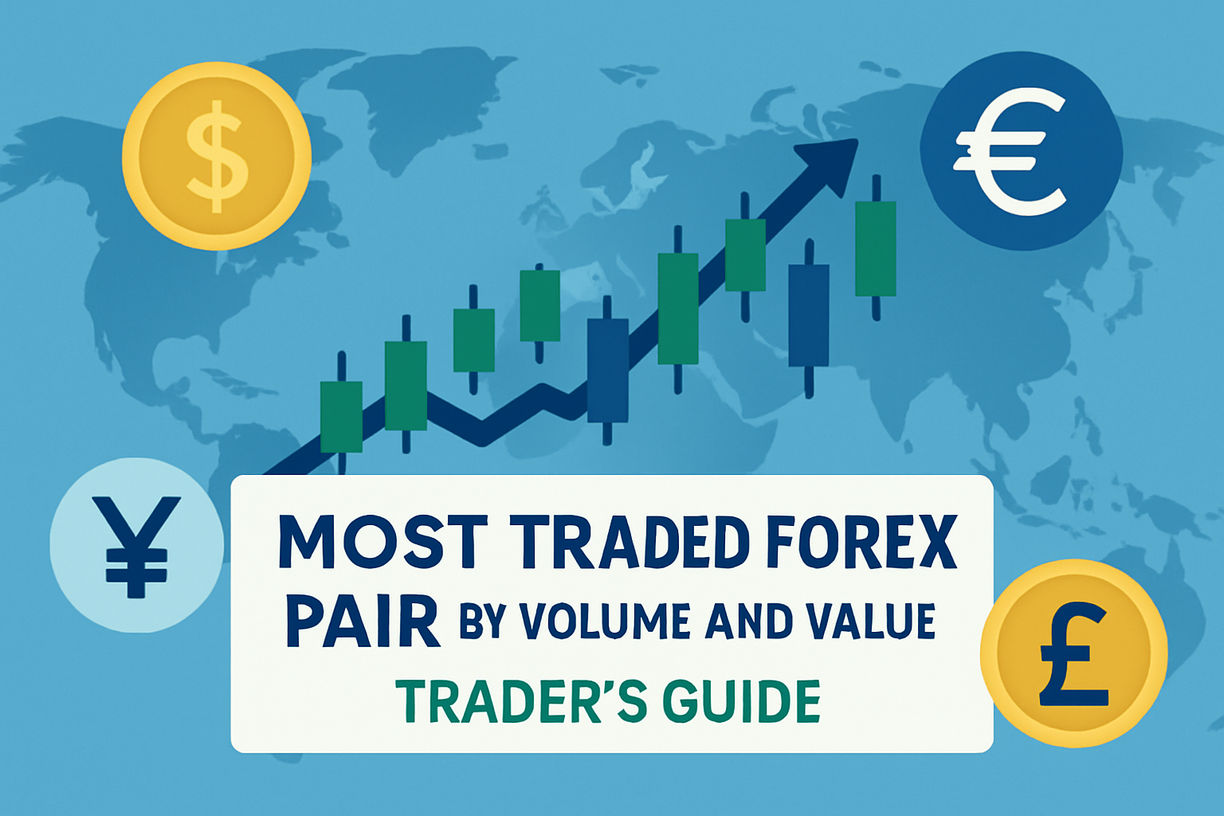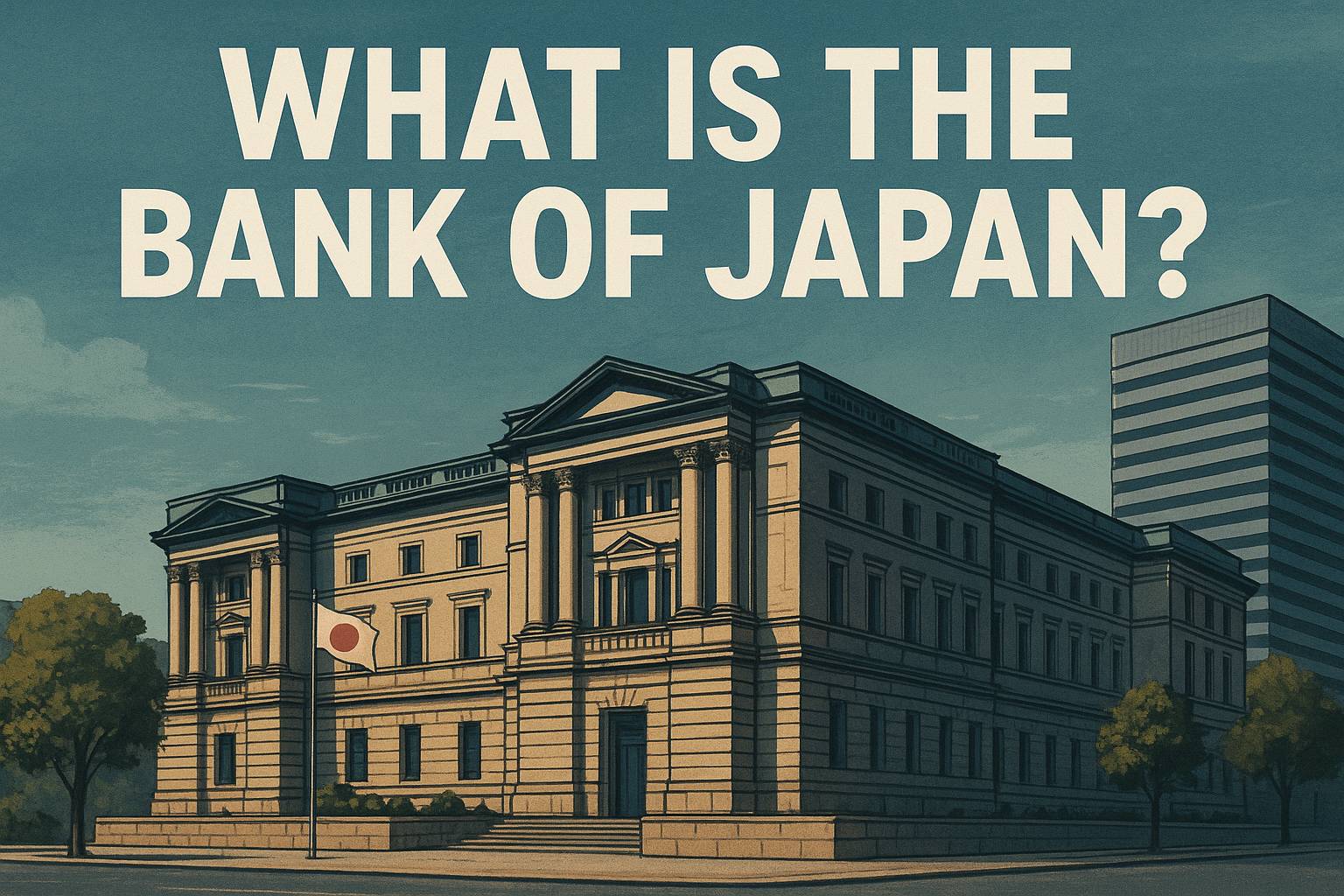An army of retail traders appears to be reloading bets for a rebound in the
broken yen as the currency’s slide increases the chances of Tokyo intervening in
the market again.
Bullish positions on the yen against the dollar have been building since
mid-May via futures contracts that cater to individual investors, according to
data from Tokyo Financial Exchange.
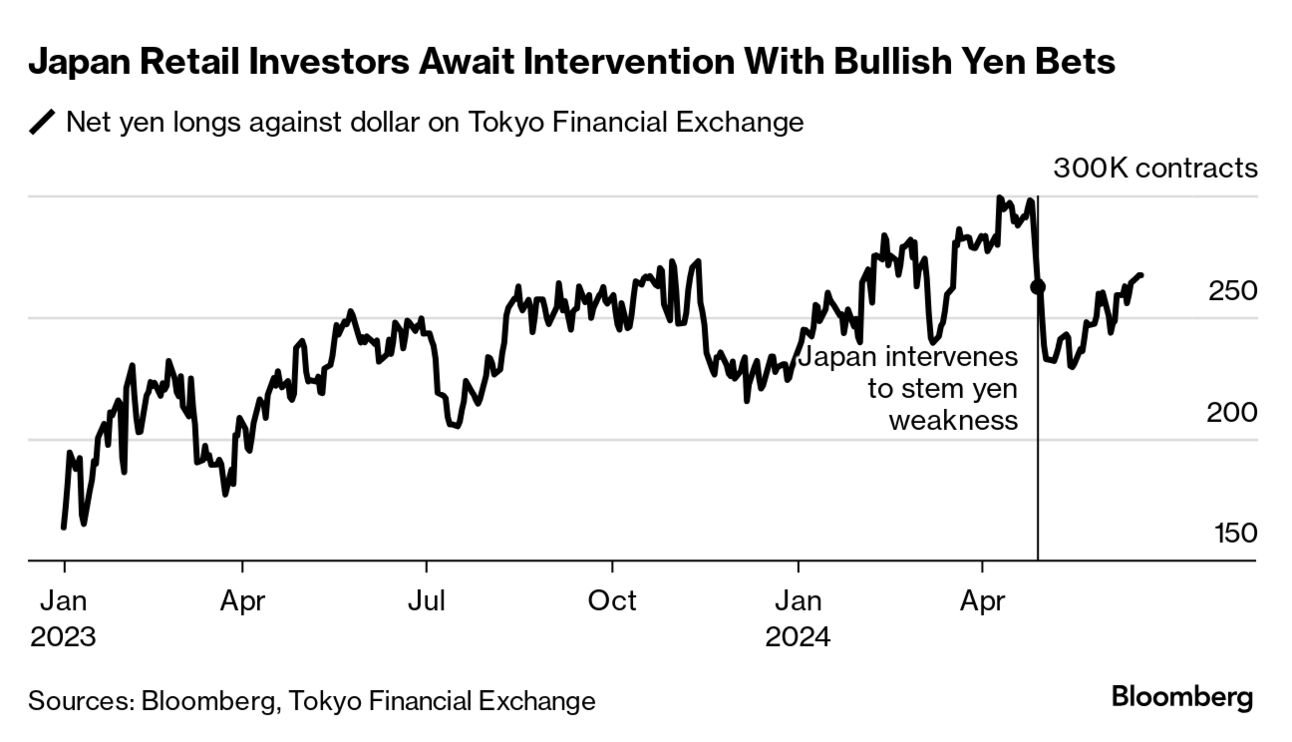
It is a risky strategy to play the guessing game. Those who positioned
themselves well ahead of one that happened in late April or did not lock in
profits in time saw painful losses.
A gauge of active trader positioning in the yen from Citigroup has fallen to
the most negative since 2022, suggesting there are plenty of positions that may
need to be quickly unwound in the case of a sharp rebound.
Japanese investors sold the amount of foreign debt in the week through June
7, the most since April 2015, amid a shift in global central bank policy,
preliminary figures from Ministry of Finance showed.
That contrasts with their monthly purchase of foreign bonds in May hitting
the highest level since January. That the yields rose in the second half of the
month was viewed as a chance to buy the dip.
Is a July Rate Hike Coming?
Investors will be closely watching whether the Bank Of Japan pushes ahead with its
second interest-rate hike in July. Swap rates are signalling that the odds of
that have dropped to below 30%.
Board members discussed the case for another hike as upside risks to
inflation become “more noticeable,” according to the latest meeting minutes. But
some among them remained cautious.
“While private consumption lacks momentum, there have been successive
unexpected suspensions of shipments at some automakers,” one member in favour of
the current rate level said.
The BOJ said it will specify plans at the end of next month for cutting bond
buying in its first step towards quantitative tightening and will hold meetings
with market participants next month.
Ueda has said the reduction will be “sizable,” prompting many in the market
to speculate on the likely size of the cuts. The central bank still buys roughly
¥6 trillion of government bonds each month.
Japanese households are bearing the brunt of slow policy normalisation, which
is giving investors a perfect excuse to push down the yen, said Izuru Kato,
chief economist at Totan Research.
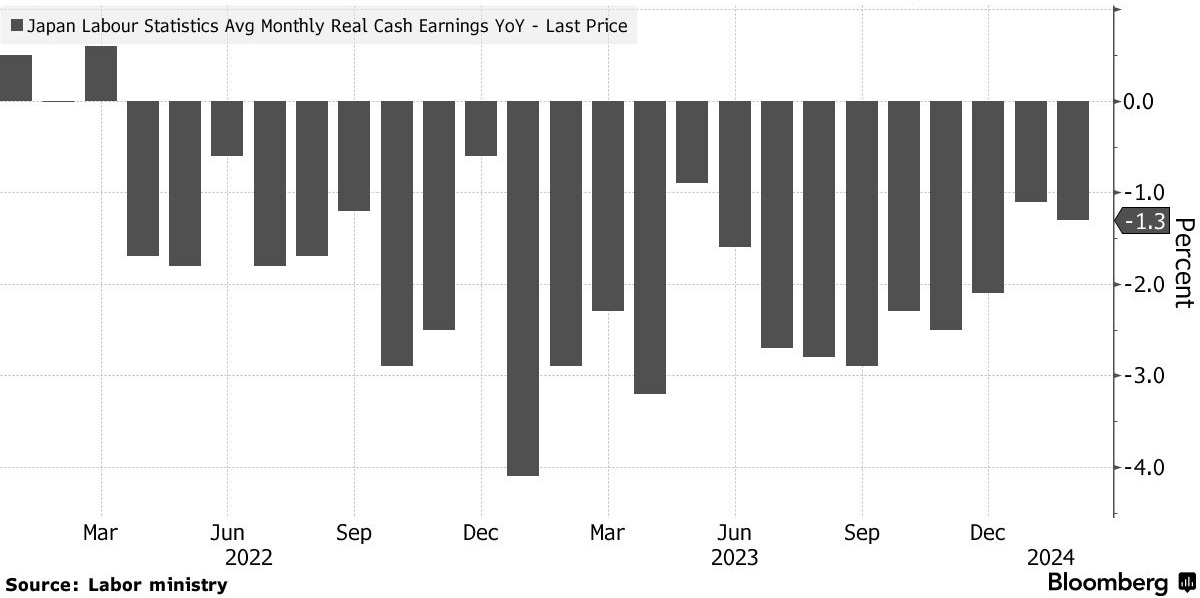
Real wages fell in April, extending a record streak of 25 consecutive monthly
declines as higher living costs outweighed pay raises. They may turn positive
during this fiscal year, said some economists.
Divergent views
Hedge funds and asset managers collectively held bearish yen wagers worth
about $14 billion as of June 18, marking the most bearish in data going back to
2006, according to CFTC data.
A slump as far as 170 per dollar is possible amid continued selling of the
currency to fund the higher-yielding greenback, according to Sumitomo Mitsui DS
Asset Management Co. and Mizuho Bank Ltd.
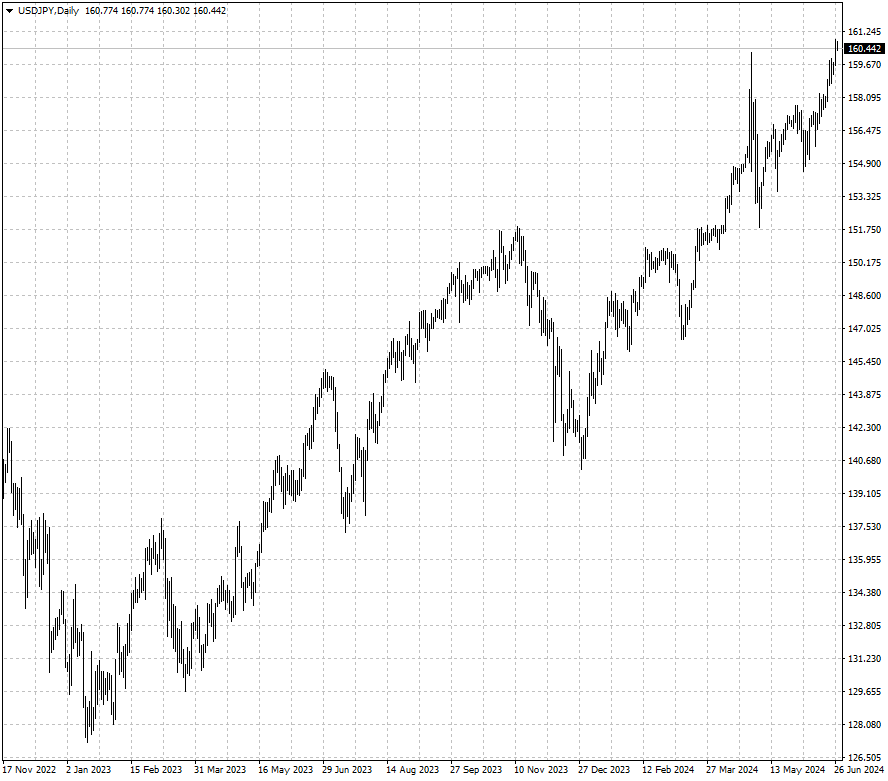
Investors see few catalysts right now, including potential yen purchases by
Japan, that would be powerful enough to reverse the momentum. The path of least
resistance appears to the downside.
Japan’s currency may strengthen beyond 150 per dollar should officials
intervene, but “in the long term, the yen will continue to weaken toward 170,”
said Sumitomo Mitsui DS Asset Management.
Taro Kimura, senior Japan economist for Bloomberg Economics, wrote that “the
yen is more likely to strengthen than to weaken in coming months as yield
differentials turn more favourable.
Macquarie Group argued yen may strengthen to around 120 per dollar and this
outcome will depend heavily on the Fed slashing interest rates to bolster demand
in the event of a huge scare in the US.
The forecast is significantly more optimistic than the median Bloomberg
analyst consensus for Japan’s currency to trade at around 140 by the end of
2025, and 138 by late 2026.
Disclaimer: This material is for general information purposes only and is not
intended as (and should not be considered to be) financial, investment or other
advice on which reliance should be placed. No opinion given in the material
constitutes a recommendation by EBC or the author that any particular
investment, security, transaction or investment strategy is suitable for any
specific person.














